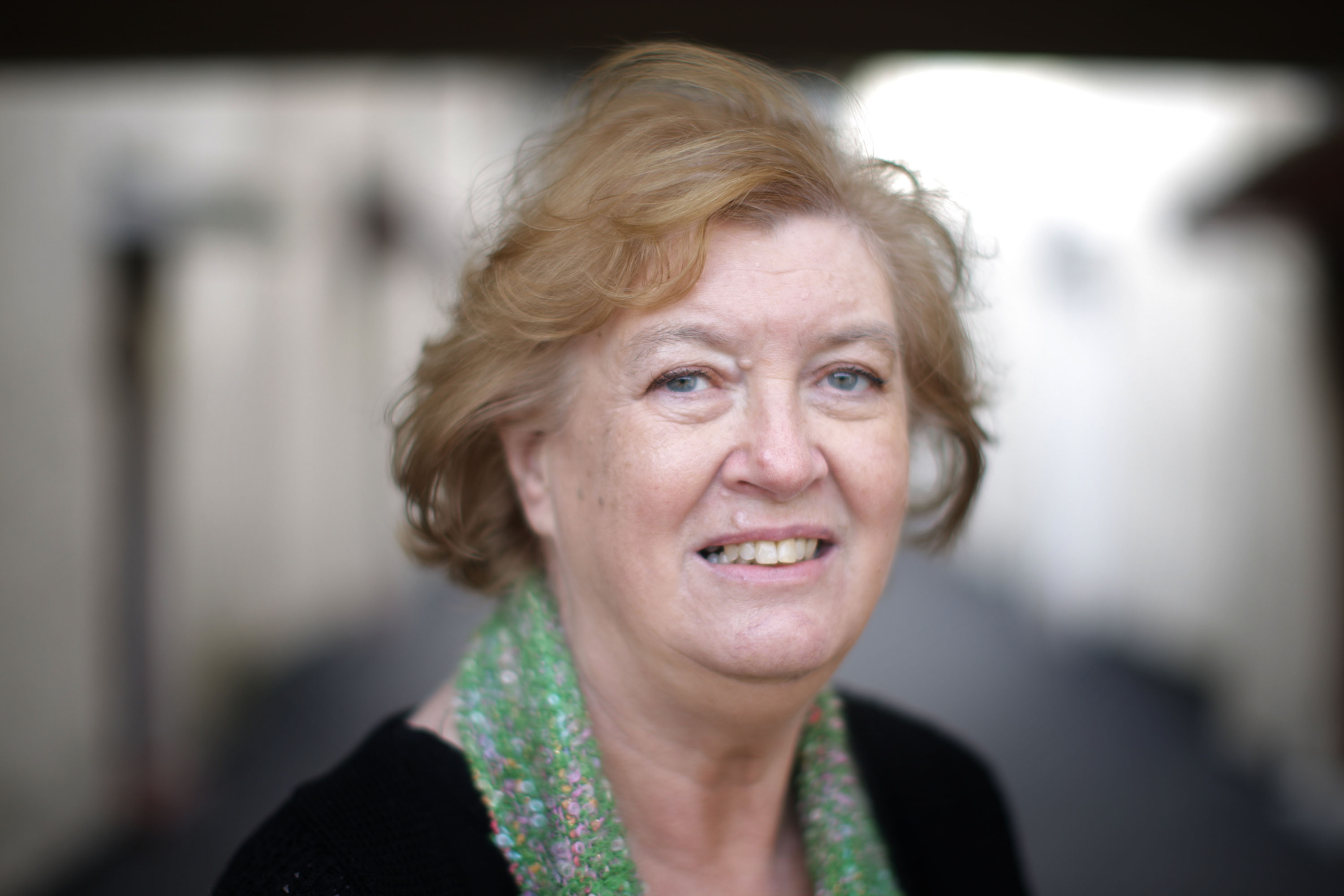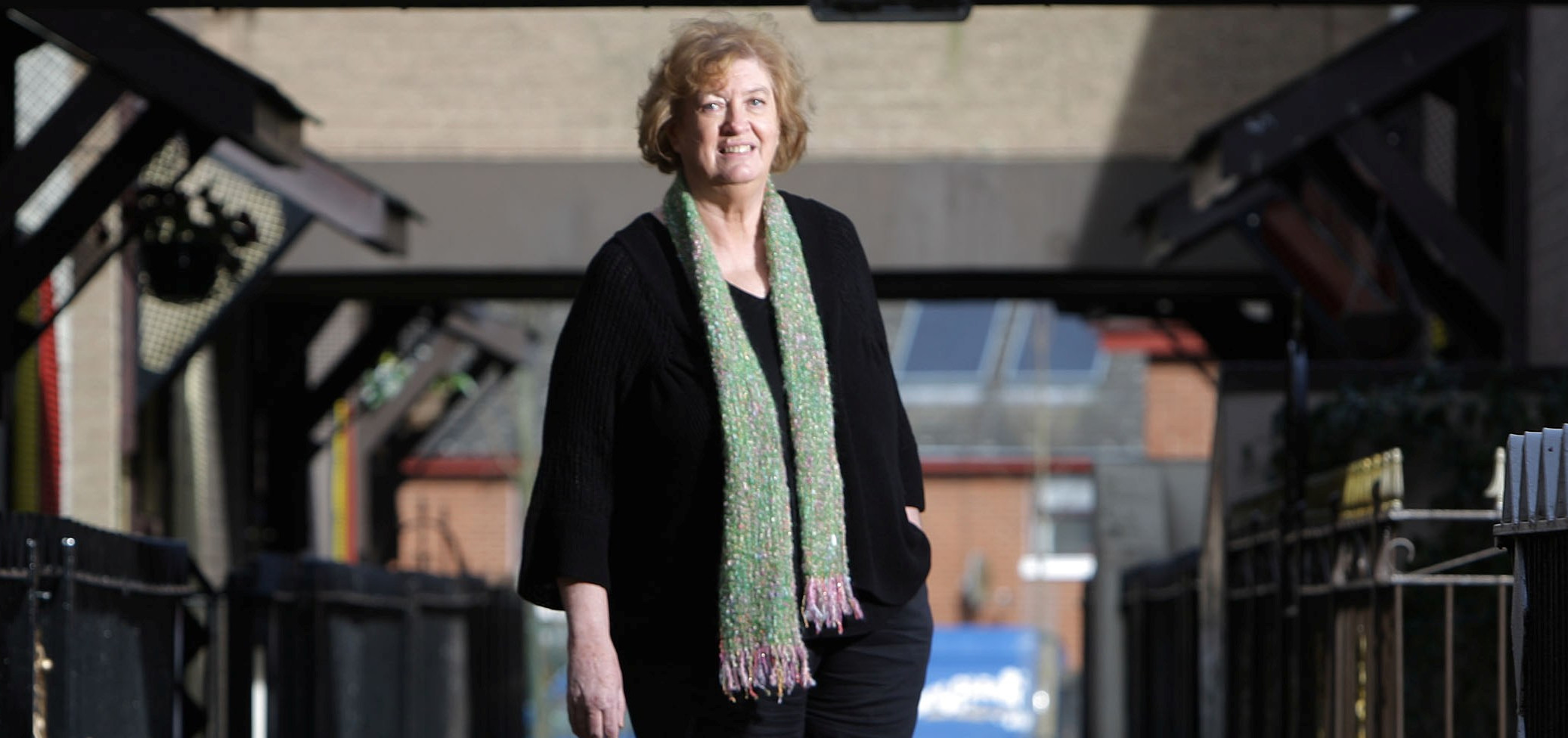PPR's Briefing to Rep. Joe Kennedy, USA Special Envoy to Northern Ireland
Equality and human rights must form the bedrock of the peace
On the day of the visit by the President of the United States to mark the 25th anniversary of the Belfast/Good Friday Agreement, it is fitting to remember the contribution of Inez McCormack, PPR’s founder, in ensuring that equality and human rights formed the bedrock of the peace.
Twenty five years ago, PPR’s founder, Inez McCormack, worked alongside others in the trade union movement, human rights organisations and the broader civil-society based Equality Coalition to secure the commitments to equality and human rights set out in the Belfast/Good Friday Agreement. Inez had spent her whole life arguing for social justice in the civil rights, trade union and human rights movements, to address what she described as the “grave issues of inequality, injustice and division in our society.” She recognised the critical importance of a peace settlement grounded in fairness for all. She was convinced of the need to find ways in which poor and marginalised communities could make use of powerful human rights standards, which cut through religious and socio-political identities, as a way to drive change in their communities. She founded PPR in 2006 as a way to achieve that.

Image caption: In 2006, Inez founded PPR as a means for the marginalised to use human rights to drive change in their communities.
In the ensuing years, much has changed for the better. However, PPR continues to work alongside families facing a myriad of human rights issues, supporting them to hold public authorities to account for their failure to meet their obligations. These families continue to invest incredible energy - sometimes with next to no resource - into developing alternative approaches which look to address homelessness, housing stress, limited and pathologizing support for people experiencing mental health issues and an increasingly hostile environment for asylum seekers and refugees.
Today, President Biden will visit Northern Ireland to open Ulster University’s new campus and to commemorate the anniversary of the Good Friday Agreement. To mark the President’s visit, PPR has written to Joe Kennedy III, the US Special Envoy to Northern Ireland on Economic Affairs, to brief him on some of the critical economic and social rights issues facing communities today.
As a signatory to the MacBride Principles on fair employment, Inez knew the immense power of external investment in leveraging meaningful change.
The US has dangled the promise of additional investment to support continuing efforts towards peace and incentivise the parties of the devolved government to return to Stormont. Of course, this is not the first time that US investment in Northern Ireland – and the strings attached to it - is focusing minds. As a signatory to the MacBride Principles on fair employment, Inez knew the immense power of external investment in leveraging meaningful change. The MacBride Principles, developed in the 1980s by the New York Comptroller, required that any US investment into Northern Ireland should be targeted at those firms who actively sought to address discrimination. The Principles are now a Congressional requirement for any investment into Northern Ireland’s economy. There is now the opportunity for the United States to ensure that any investment in the island of Ireland - north or south – demands adherence to those same equality and human rights principles and is tested against its capacity to address inequality.
Inez’ analysis of the peace process remains as relevant today as ever and should remain a clarion call for all parties as we continue to implement the Good Friday Agreement: “Attempting to build good relations on the basis of denying the needs, frustrating the rights, and silencing the voices of the poorest is wrong in itself as much as it is destructive to the goal of building a shared future."